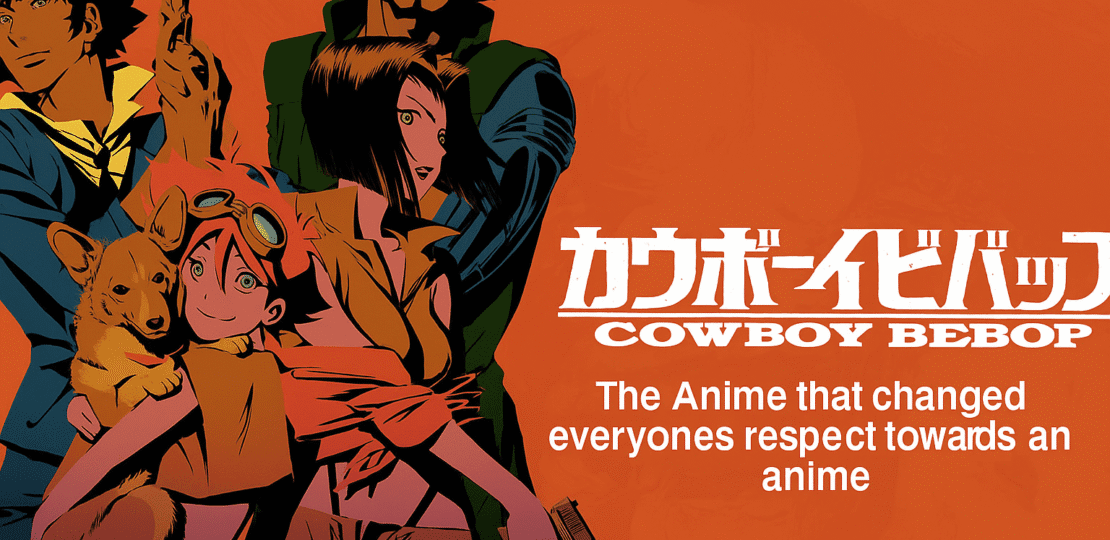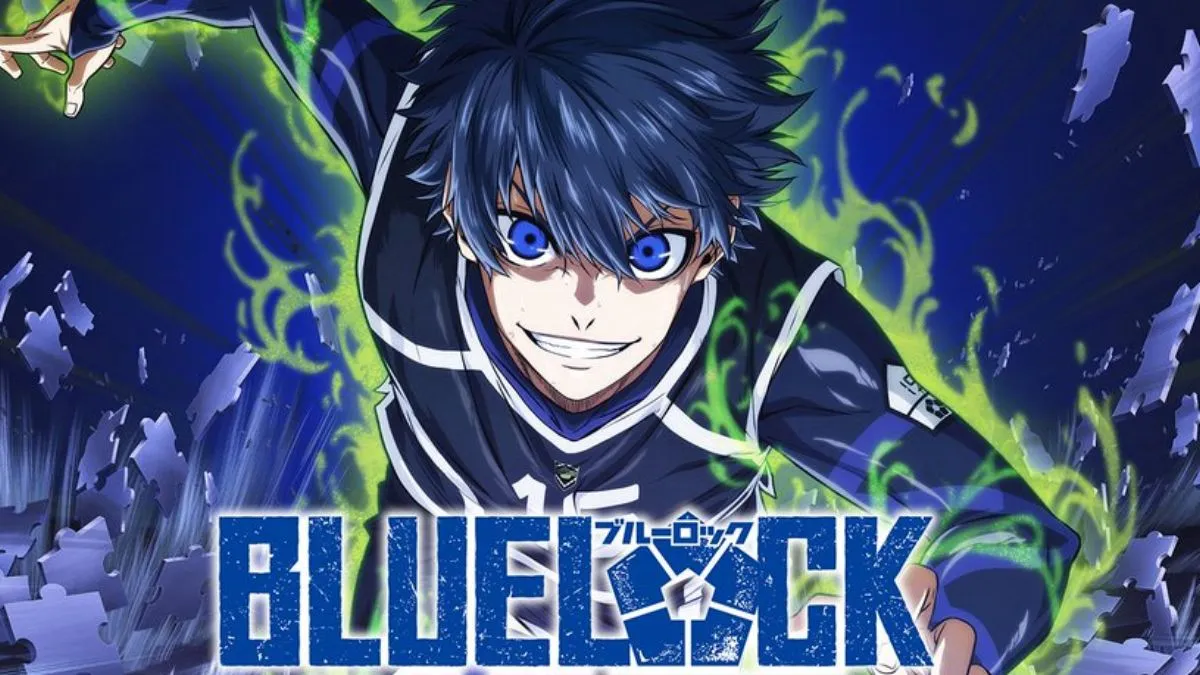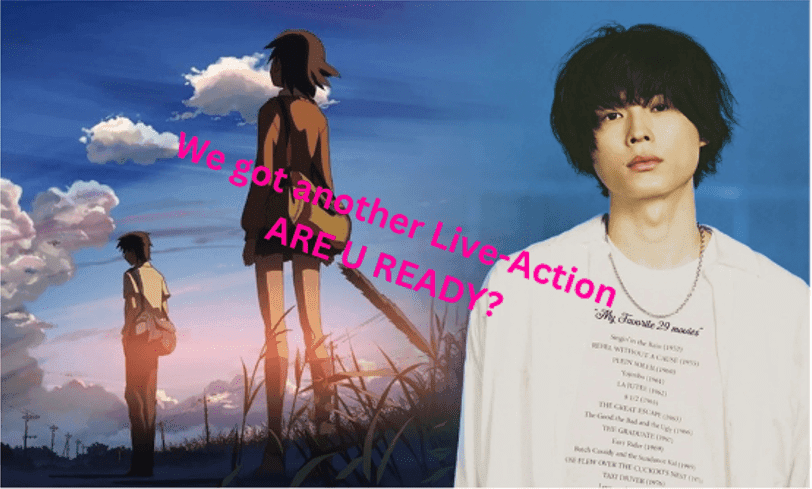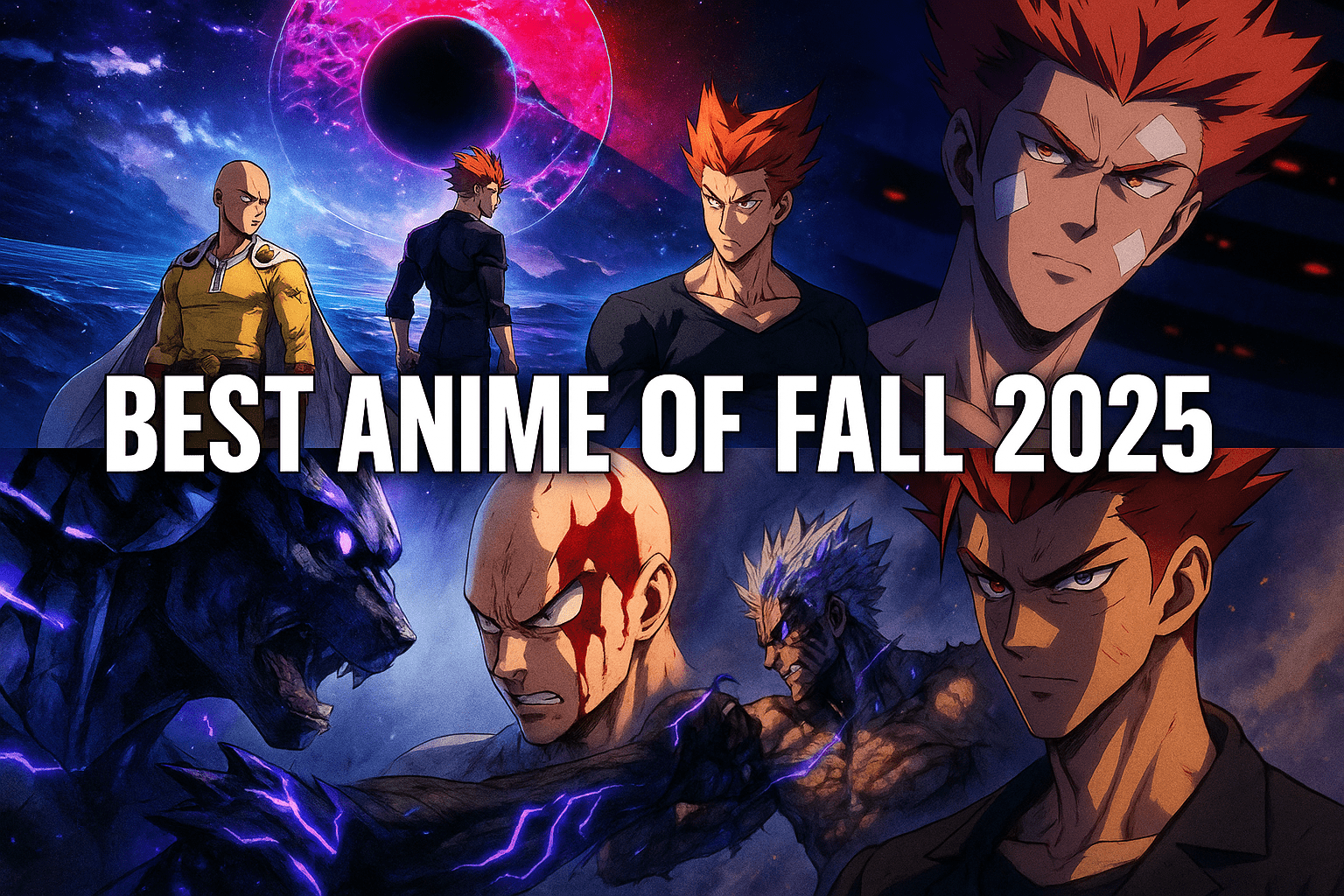
Cowboy Bebop: Where Anime Becomes Art
Cowboy Bebop isn’t just an anime. It’s a feeling. It’s the sound of jazz echoing in empty space, the sting of past regrets, and the cool silence of bounty hunters cruising through the void. Released in 1998 and directed by Shinichirō Watanabe, Cowboy Bebop is the crown jewel of anime classics. With a fusion of noir aesthetics, space-western action, and a soul-crushing jazz soundtrack, it rewrote what anime could be—and what it could make you feel.
The focus keyword Cowboy Bebop is more than just a title—it’s an atmosphere. And it kicks off not with loud explosions, but with the lingering echo of a saxophone and the quiet rebellion of characters broken by their past. Whether you’re a seasoned anime fan or a first-time explorer, you’re about to experience a space saga that doesn’t ask for your attention—it demands your soul.
It’s rare for an anime to strike this perfect balance between storytelling, visuals, and emotion. Cowboy Bebop achieves all three, blending genres like a jazz solo riff—sometimes smooth, sometimes chaotic, but always deeply human. This isn’t a show that begs for adoration. It simply exists, and if you’re lucky enough to tune into its frequency, it’ll leave you changed.
Why Cowboy Bebop Still Feels So Damn Real
The first time you meet Spike Spiegel, you know he’s a dead man walking—grinning through cigarette smoke, floating through life with nothing left to lose. Jet Black is the grounded ex-cop with a tragic backstory. Faye Valentine hides her heartbreak behind sarcasm and short skirts. Ed is chaos incarnate with a hacker’s mind and a child’s heart. And Ein? He’s the smartest dog in the galaxy.
But Cowboy Bebop isn’t about action for action’s sake. It’s about the quiet spaces between the chaos. The long silences. The staring contests with the past. Each episode feels like a short film, digging into loneliness, loss, betrayal, addiction, identity, and grief. The bounty-hunting is just a backdrop. The real currency is melancholy.
What makes these characters unforgettable isn’t their combat skills—it’s their damage. They’re all running from something. Spike from a love that turned into a ghost. Faye from a stolen future. Jet from his lost ideals. Ed from a world that never fit her. They are a family bound not by blood but by shared emptiness.
Cowboy Bebop doesn’t spoon-feed its morals. It forces you to look in the mirror and sit with the silence. That’s why it still feels real. These characters don’t win. They just survive, day by day, job by job, regret by regret. It’s life—wrapped in space noir and soaked in cigarette smoke.
The Jazz That Bleeds Through Your Bones
Yoko Kanno’s jazz soundtrack is the heartbeat of Cowboy Bebop. From the explosive “Tank!” opening to the soul-ripping ballads like “Blue” and “Rain,” the music is the narrative. It doesn’t just accompany scenes—it elevates them, giving each moment a pulse, a breath, a reason to ache.
There’s no other anime that uses music like this. The Bebop crew drifts through space to the beat of brass, basslines, and blues, and the viewer floats right along with them. Whether it’s a chaotic dogfight or a tender flashback, the score guides your emotions like a conductor with no mercy.
Some scenes in Cowboy Bebop are nearly silent, relying entirely on Kanno’s music to convey tone. That’s not a flaw—it’s intentional. It forces you to feel instead of just watch. Songs like “The Real Folk Blues” and “Call Me Call Me” hit harder than dialogue ever could.
For fans of anime classics or space anime in general, the soundtrack alone is a masterclass. It pulls you deeper into the story. It’s a playlist of longing, freedom, rebellion, and peace—all wrapped in brass and blues. Yoko Kanno’s work didn’t just complement Cowboy Bebop; it completed it.
Legacy, Impact, and the Bittersweet Goodbye
“See you, space cowboy…” That closing tagline hits harder than any plot twist. Cowboy Bebop ends not with resolution, but with a sigh. The finale doesn’t give us answers—it gives us closure wrapped in ambiguity. It dares you to sit with your emotions and carry that weight.
The legacy of Cowboy Bebop is undeniable. It broke into Western markets in a way few anime had. It played on Adult Swim and blew American minds with its mature themes and cinematic direction. It paved the road for series like Samurai Champloo, Space Dandy, and even modern hits like Mob Psycho 100 and Chainsaw Man. It gave anime a new image—cool, philosophical, mature.
Every creative industry has that one piece of work that redefines the medium. Cowboy Bebop is that for anime. It taught audiences that animation wasn’t just for kids. It was poetry with movement. A show about bounty hunters that ended up teaching us about mortality, longing, and memory.
Netflix’s live-action adaptation? Forgettable. Because Cowboy Bebop isn’t just visuals or dialogue—it’s a vibe. The hand-drawn grit, the way Spike lights a cigarette like it’s a final act of defiance, the way every episode feels like a poem—none of that can be replicated with CGI or modern edits.
And still, decades later, Cowboy Bebop continues to haunt us. Not because it screams for attention, but because it whispers truths we aren’t ready to hear.
Final Thoughts: You Just Gotta Carry That Weight
There’s a reason why Cowboy Bebop is always on top-ten anime lists. There’s a reason why Spike Spiegel’s silhouette is tattooed into anime history. Because it was never just a show—it was a philosophy wrapped in style. Cool without trying. Sad without apology.
Every time you rewatch Cowboy Bebop, you find something new. A facial expression you missed. A line that hits harder now that you’ve grown. A silence that means more now that you’ve lived a little. It’s not just a story—it’s a mirror.
For anyone wondering whether to dive into this anime, here’s the only thing you need to know: Cowboy Bebop doesn’t tell you how to feel—it lets you bleed your own way.
This anime will break you down quietly. It’ll make you laugh, nod, cry, and stare at the ceiling. It’s a masterpiece, a time capsule, a symphony of stillness and chaos.
You just gotta smoke it once.
And then you’ll never be the same again.
See you, space cowboy…
Read our list of the top 25 animes of all time here: https://zoria.news/top-25-animes-of-all-time/
Watch the legendary anime here for free: https://hianime.to/watch/cowboy-bebop-27
Visit our Website for more amazing content
RELATED POSTS
View all


